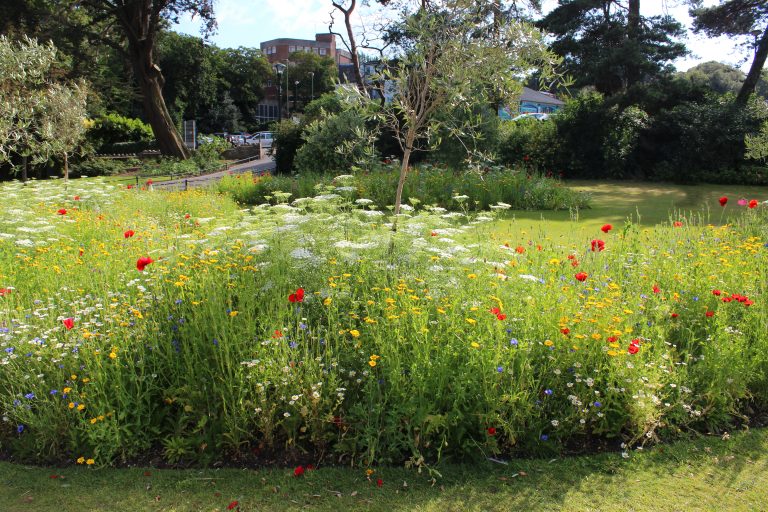UKGBC responds to the Building Better, Building Beautiful Commission’s final report

The Building Better Building Beautiful Commission, the independent body created to advise the Government on how to promote high-quality design for new homes and neighbourhoods across England, has today published its final report.
UKGBC has made substantial submissions to consultations for both the Commission’s final report and interim report, the latter published on 9 July 2019. Our most recent submission is cited extensively in the final report, notably on the endorsement of Architects’ Journal’s Retrofit First campaign, the connection between nature-enhancement and good design, and how promoting biodiversity can also benefit residents’ mental health.
UKGBC also recently partnered on the National Housing Audit 2020, the evidence and recommendations of which are also cited extensively.
Philip Box, Policy and Project and Coordinator at UKGBC said:
“We welcome the Commission’s final report, which comes at a pivotal moment. We have seen recently from the National Housing Audit 2020 that the quality of design being delivering across England is not good enough, both in terms of creating quality places for residents and addressing the environmental challenges we face.
“True sustainability and beauty are intertwined, and we are pleased to see the Commission echo our recommendations on the place of nature in good design. These recognise the need to promote environmental stewardship, regreen our towns and cities, meet our climate change target, and deliver truly regenerative development. Likewise, we welcome the central recommendation of the need to deepen community engagement, an area of work central to UKGBC’s Social Value Programme.
“We acknowledge the important role of the work of the Commission in providing wide-ranging recommendations to meet the complex challenge of addressing poor design, and we hope the Government builds on the comprehensive nature of this work to ensure good design is delivered through holistic policy-making, rather than quick fixes.”
The report makes a wide range of recommendations, including:
- References to ‘good design’ in the NPPF should be replaced with ‘good design and beautiful places’ particularly in the section on ‘achieving sustainable development’
- Beauty and placemaking should be embedded more widely across relevant government strategies. They should also feature in relevant forthcoming government legislation, such as the Environment Bill.
- Local planning authorities should take up the strong encouragement in paragraph 34 to use the National Design Guide to prepare their own local plan policy, guidance and area‑wide or site-specific codes in line with clear evidence of local preferences. Where relevant, a similar aim should be embedded in other planning policy guidance.
- What beauty means and the local ‘spirit of place’ should be discovered and defined empirically and visually by surveying local views on objective criteria as well as from deliberative engagement with the wider local population. Where appropriate, more detailed design codes should also be included in local plan documents, supplementary planning documents or neighbourhood plans.
- The government should evolve a mechanism whereby meaningful local standards of design and placemaking can efficiently apply to permitted development rights.
- A fast track for beautiful developments, based on community engagement and which has been properly examined, should be considered.
- Proper enforcement must be delivered, and community engagement deepened.
- A member of Cabinet who is a ‘champion for place’ and whose responsibilities include the quality of place in England should be appointed.
- The government should make bringing derelict buildings back into use VAT free, or charge at most a reduced VAT of 5% and encourage the re-use of buildings.
The full report is available here.
The full press release is available here.
Related
UKGBC launches the UK Climate Resilience Roadmap

UKGBC responds to the Climate Change Committee’s 2025 Progress Report

UKGBC responds to 2025 Comprehensive Spending Review

Industry reacts as Simon McWhirter appointed Chief Executive of UKGBC

